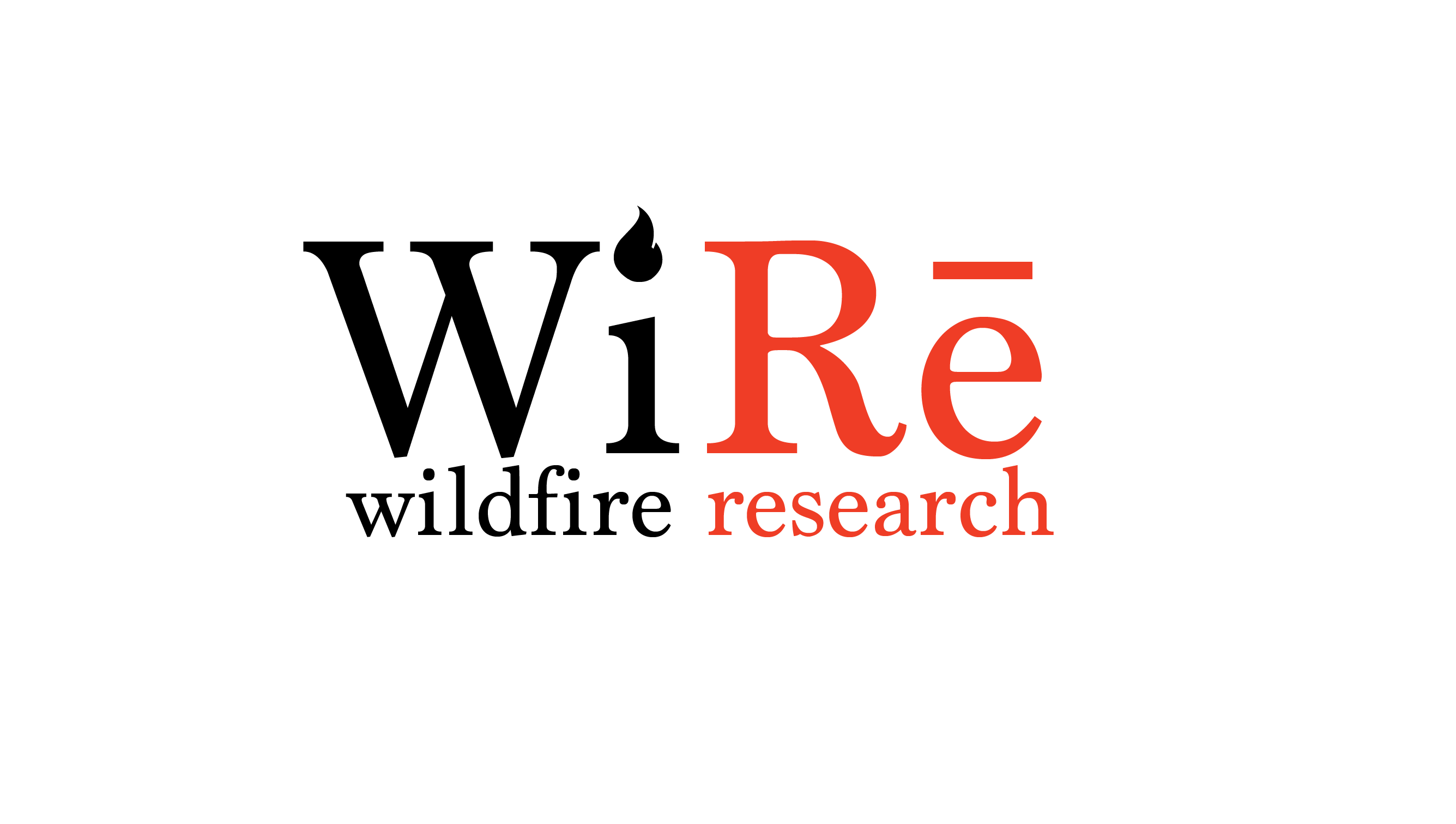In March 2017, the National Academies of Sciences, Engineering, and Medicine organized a workshop: “A Century of Wildland Fire Research: Contributions to Long-Term Approaches for Wildland Fire Management.” As described by the National Academies:
The costs of wildland fire in the United States are enormous, not only in terms of the financial impacts of fire suppression and post-fire rehabilitation of property and ecosystems, but also in terms of loss of lives, impacts on physical health of nearby communities, effects on local and regional economies from losses of revenue, and the impacts of cascading events such as landslides and flooding. Wildland fire management has become even more difficult because of increasingly dry conditions in some areas of the country and the expansion of the urban-wildland interface, among other factors. Within the federal government, for example, more than 50% of the Forest Service’s annual budget was dedicated to wildland fire in 2015, up from 16% in 1995.
WiRē team member Patty Champ was asked to present on her long-running research as a part of this workshop. Her talk argued that homeowner wildfire risk mitigation is a “Last Mile Problem,” and she presents examples of WiRē working to overcome this challenge.
[vimeo 211572271 w=640 h=360]
You can also watch the full video from The National Academies on Vimeo.
